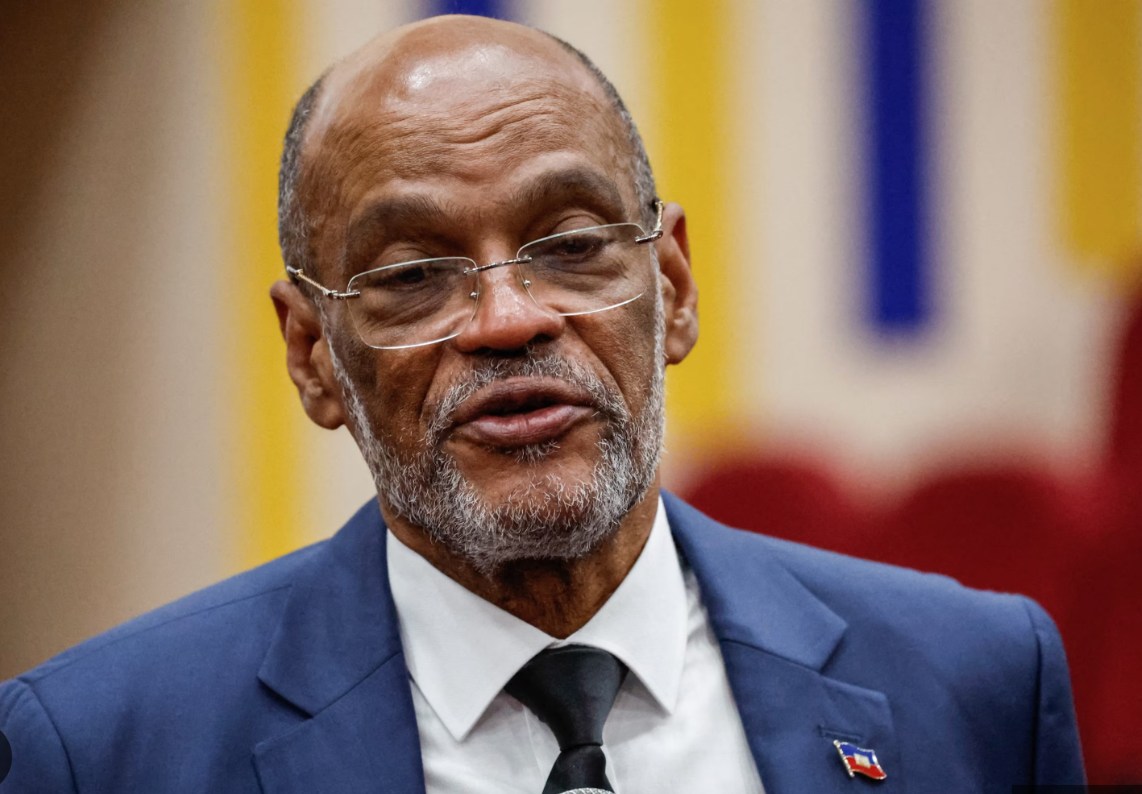Understanding Prime Minister Ariel Henry’s Resignation in Haiti: Examining the CARICOM Roadmap and Path Forward

March 13, 2024
The overnight resignation of Prime Minister Ariel Henry amid Haitian political turmoil creates an opportunity for stability. The CARICOM plan outlines a roadmap for progress, urging international support for lasting change.
The overnight resignation of Prime Minister Ariel Henry presents a pivotal opportunity to break Haiti’s most recent, vicious fever of chaos, suffering and bloodletting. The CARICOM declaration on the outcome of talks in Jamaica lays out a credible roadmap that is grounded in Haitian stakeholder voices but must be bolstered by unambiguous international support. This is a credit to a regional integration movement that showed character and resolve when the chips were down.
Henry’s resignation offers a potential offramp from cyclical instability – and sober lessons from a turbulent tenure. Henry, a neurosurgeon appointed just two days before President Jovenel Moïse’s assassination in July 2021, has been effectively exiled in Puerto Rico since gangs blocked his return from an ill-fated trip to meet with fellow CARICOM leaders and revive a multinational security force in Kenya.
His long-delayed departure, coming on the heels of protests demanding he step down on the traditional February 7 inauguration day, was likely catalysed by an aborted Kenya-led multinational mission. Haitians feared he aimed to use foreign – and CARICOM – police to cling to power rather than uphold his vows for swift elections under a new transitional government.
In truth, Henry’s authority was tenuous from the outset in those chaotic days after President Moïse’s murder. Over his 32 rudderless months at the helm, no elections materialised and gang control metastasized as political impotence reigned. Haitians understandably lost patience with his insistence on postponing polls until 2025 citing insecurity.
Now we look ahead to the centrepiece of the Kingston talks – a resignation that is premised on the establishment of a Transitional Presidential Council spanning Haiti’s major political factions, private sector, civil society, and religious groups. This balanced governing body has been empowered to swiftly appoint an interim prime minister and inclusive ministerial council to oversee affairs until elections can be held.
Significantly, the council’s makeup and specified vetting procedures aim to promote integrity and preclude bad actors from derailing the transition. This is a foundational step toward restoring the rule of law that confers critical legitimacy as a homegrown yet inclusive solution with broad buy-in across Haiti’s landscape.
In parallel, the declaration enables Haiti to urgently receive a robust multinational stabilisation force, which so far includes Barbados, Bahamas and a handful of other countries that were to be led by Kenya.
We suggest that CARICOM approach West Africa’s ECOWAS bloc – nations like Senegal, Mali, DR Congo, and Cote d’Ivoire – for troop contributions. A thousand troops seems to us dangerously inadequate. The withdrawal of English-speaking Kenya’s contingent, citing the prerequisite of a provisional government to be in place, sounds to us like a convenient excuse to withdraw from the initiative. This underscores the risks of relying excessively on a singular far-flung force. Cultures intuitively bridged by language and shared histories are better positioned to earn the Haitian people’s trust.
We also urge that any future deployment must be anchored in truly effective, culturally resonant public communication and outreach. Peacekeepers cannot be perceived as tone-deaf occupiers or hired guns for Haitian elites, but rather as partners explaining their mission and timeline and detailing humanitarian assistance – directly to Haitians primarily via radio. We must not mistakenly view the population’s desperation as de facto consent for military action without an organised effort to cultivate popular support.
Such a comprehensive approach provides the foundation for CARICOM’s strong logistical support and monitoring of overdue elections to democratically usher in a new government with all deliberate speed.
With a Haitian-led transitional body empowered to govern, a pathway to rapidly restore order and hold overdue elections, CARICOM’s framework holds credible promise to escape looming anomie.
The window is open with Henry’s exit. Now, CARICOM may yet be able to carve a path out of Haiti’s cascading crises. Steadfast support for this Haitian-led yet inclusive transition is imperative to ensure that the window is not shuttered indefinitely.


